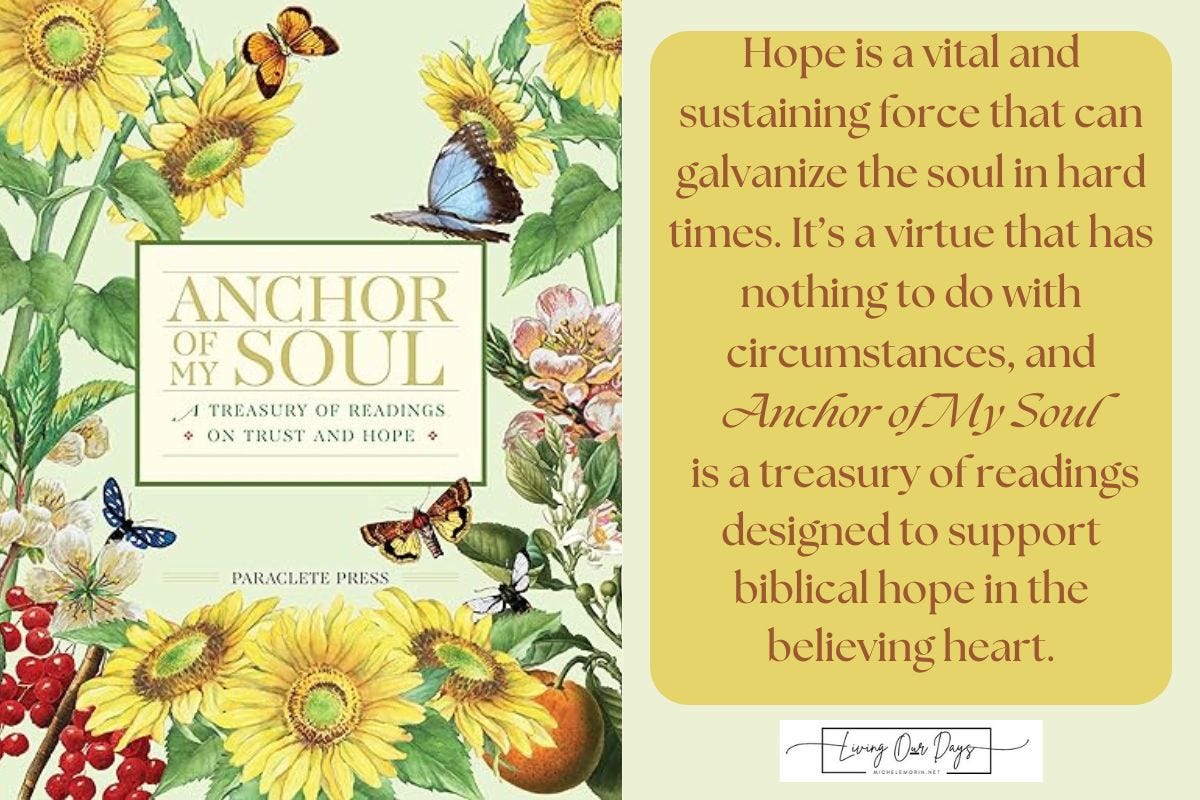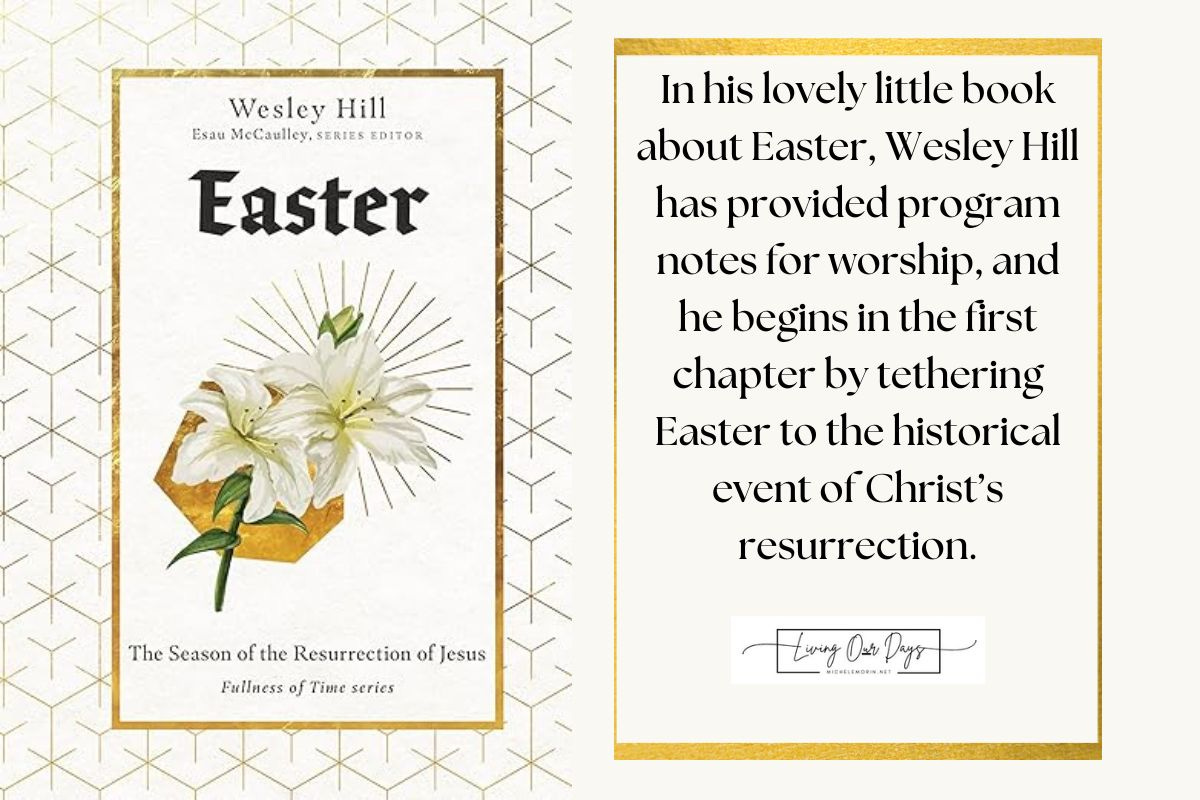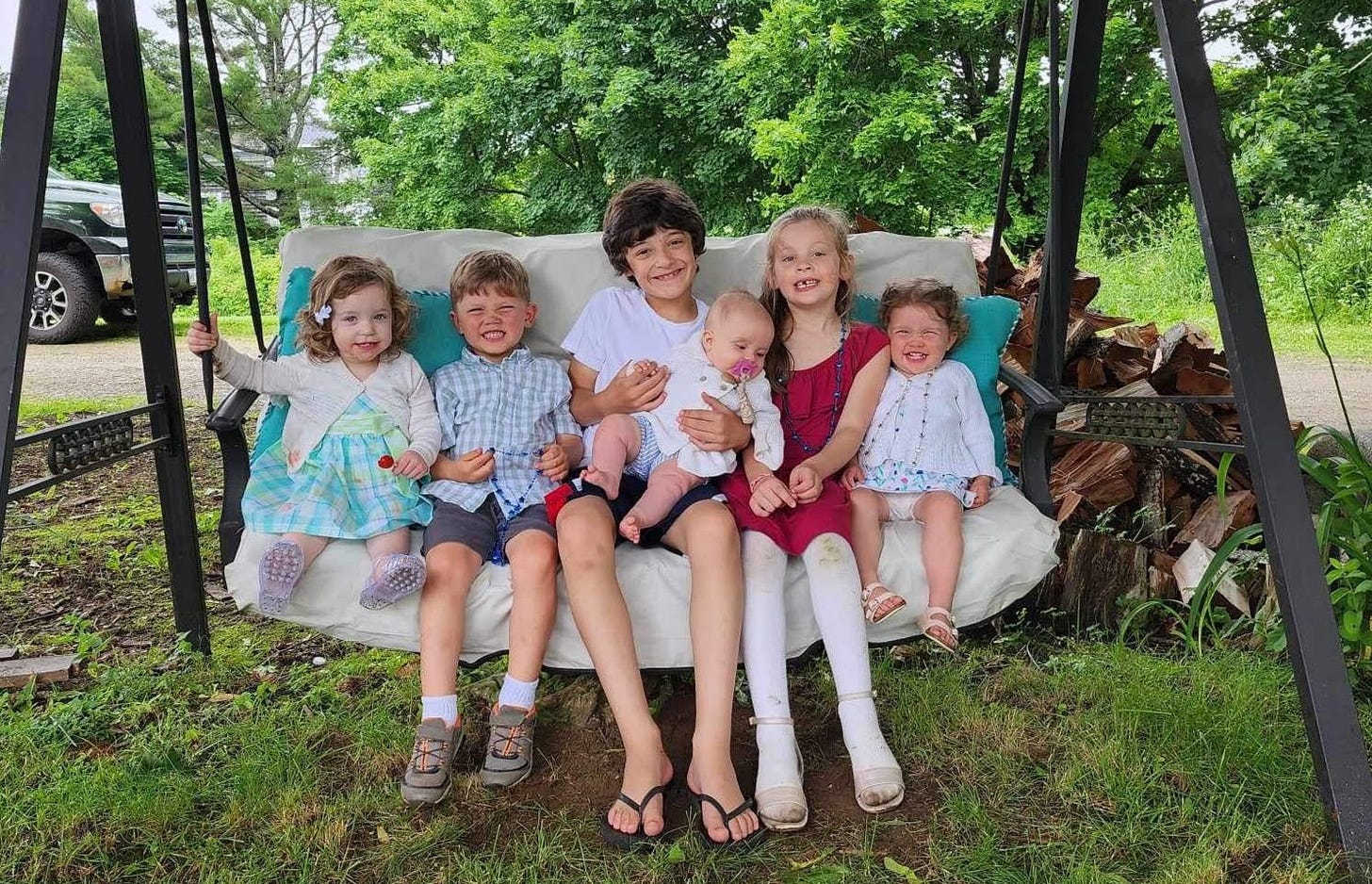Several years ago, my husband’s job was eliminated without warning. The news landed like a tidal wave: completely unexpected and comprehensively devastating. Then, as the wave receded, applications, interviews, and the thin hope that accompanies waiting seemed to set the agenda for our family’s unknown future.
Holding on to hope without any evidence of a happy ending may be one of the most challenging disciplines of the following life. As immature Christians, we want to believe that the test for cancer will always come back negative, our kids will always win the scholarships, and our career paths will persistently follow a predictable upward trajectory. Eventually, the realities of life confirm the Apostle Peter’s warning that we actually will have “to struggle in various trials,” giving us the opportunity to grow into the knowledge that we have access to hope, even when the outcome is still unclear.
Parker Palmer calls this place of uncertainty “the tragic gap.” In ministry or professional life, the progress we hope for may come slowly—or not at all. In our own personal goals and aspirations, the gap between what we wish for and what actually is may feel like the Grand Canyon.
In family and community, the reconciliation we pray for may be a long journey over hard roads. At times, the “tragic gap” opens up within valued and trusted relationships as misunderstandings and the ravages of cancel culture and political upheaval give us endless ways of dividing from one another.
Fine Tuning Our Definition of Hope
Whenever I find myself standing in the space between what I desire and what I am holding in my hands, all the holes in my theology begin to show. When the safe and familiar props are kicked out, I can see clearly where my hope had been resting all along.
Hoping in a job, in a frail human being, or even hoping in hope is a path to disappointment and despair, for, sadly, we’ve domesticated the word hope, taming it until it’s become a floating, sentimental abstraction, a pretty thought, useful for decorating couch pillows and coffee mugs. The truth is that well-placed hope is our lifeline, and Paul commended believers in Thessalonica for their “endurance of hope in our Lord Jesus Christ.”
Enduring hope is the bridge across the tragic gap! How, then, can believers build and reinforce that bridge of hope? I’ve discovered three steps in my own journey:
BUILDING THE BRIDGE—A solid and muscular theology concerning God is the only sure foundation for hope in this world. When we hold ourselves before the truth of scripture, we must come expecting to learn more about God from its pages. For example, Psalm 46:7 affirms God’s presence with us as a “refuge,” and just in case we miss the point the first time, it’s there again in verse 11.
Strong habits of holiness are the safety net that keeps us building and moving forward. We tend the gap by our commitment to prayer and our daily soaking in scripture. Truth about God offsets the screaming banshees in our heads (and in the culture) that want to make our disappointment, our discouragement, and our struggles the biggest thing in the room. Faith in an overcoming God as “refuge and strength… in times of trouble” (Psalm 46:1) feeds an eternal perspective, enabling us to hold the tension between what we wish and what we see.FINDING COURAGE TO WALK—A vibrant belief in God’s work of salvation through Jesus Christ gives us courage to begin walking across the bridge over the tragic gap. As we wait for the green light on a job offer, for the positive pregnancy test, or for relief from a chronic illness, we find firm footing, because, like the beleaguered Christians who received the book of Hebrews as a lifeline, we endure “ a great fight of afflictions… knowing that [we] have in heaven a better and an enduring substance.” (Hebrews 10:32, 34).
On the balance scale, our suffering, our seasons of uncertainty, and all the tension of our unmet longings land like feathers when weighed against God’s great promises, secured for us by the death and resurrection of Christ. In Romans 8, Paul sprays rhetorical questions across the page to demonstrate the invincibility of God’s good intentions toward us: “If God be for us, who can be against us?” (Romans 8:31)
Paul goes on to define living in hope as a patient tolerance for living with the unseen. Spirit-fueled hope enables us to hear a music that drowns out the groaning of creation, assuring us that redemption is on its way. Like one who has a secret super power, the hopeful Christian banks on heaven as if it were already a present reality.HOPING, EVEN IN OUR WEAKNESS—In Romans 8, Paul has written about the tragic gap on a cosmic scale:
“For the creation was made subject to vanity…” However, God’s intervention is also described on a cosmic scale: “The creation itself shall be delivered from the bondage of corruption into the glorious liberty of the children of God.” (19, 20).
We find grace to wait for what we do not see. We find patience for the waiting because of God’s intervention: “Likewise the Spirit also helpeth our infirmities: for we know not what we should pray for as we ought: but the Spirit itself maketh intercession for us with groanings which cannot be uttered.” (Romans 8:26). These “infirmities” include everything we experience here on Earth-- our grief, our anxiety, the fears that keep us awake on our pillow.
The good news of the gospel includes a built-in invitation to offer all of it to God and to experience hope rooted in his attributes, not our own competence. Even when we don’t know how to pray, God is there. J.I. Packer describes those wordless, groaning prayers with this reassuring image: “The Holy Spirit fixes our prayers on the way up.”
A Moment of Meditation on the Tragic Gap
Biblical truth spreads a banner of “NOT YET” across all of creation, soothing my dissatisfaction over the frustrations of the “RIGHT NOW” and helping me to appreciate the “ALREADY” of God’s redemptive plan that I presently experience in Christ.
Are you, personally, placing your hope in God himself?
If the only way you can hold onto hope in this world is to have everything go according to plan, if hope depends on unmitigated success, you’re making deposits into an account that will always be overdrawn.
Spend a moment pondering God’s record of faithfulness to you in the past. How has he worked to mitigate your prevailing sin tendencies or to intervene and rescue you from the sinfulness of others?
Are you committed to habits of holiness that will sustain your hope? Remember, hope is a noun, but it’s also a verb. It’s something you can practice—not so that you become stronger yourself, necessarily, but so that you can acquire a deeper awareness of the reality and presence of God.
Practice hoping in God, even as you look into the depths and line your toes up against the edge of the tragic gap. He will be your bridge.
March Book Briefs
March News from the Hill
This picture is about to become out of date! Obsolete!
Any day now our seventh grandchild will burst on the scene in all his cuteness. If you are the praying sort, we’d appreciate prayers for a safe and uneventful arrival!
I enjoyed every minute of my time with the Widow’s Ministry at East Auburn Baptist Church. Best of all were the conversations that followed my talk that ended with some strategies for living well in the wilderness. They knew…
I’m looking forward to my first-ever experience of teaching at a MomCo group on April 2 in Barrington, New Hampshire.
I would love to speak at your next women’s event. In fact, I just finished creating a new conference series I’ve been working on since last fall! Click on the button to start the conversation.
Thank you for reading faithfully and for clicking quietly on the little ❤️heart❤️ or the “restack” button because each one makes a difference. I’m glad you’re here. Thank you for being the kind of people who keep pressing into the mysteries of our faith—not merely for answers, but for more of HIM!
Holding You in the Light,
Did a friend forward this to you? If you found it helpful, I'd love for you to join our email family. Subscribe below and receive real hope, from my heart to yours, directly in your inbox.













As ever, you've given us a magnificent feast to reflect on, to chew on, to savor, to make our own. I'll be reading and re-reading this over and again, Michele. Thank you for always prompting us to dig deeper into our faith in Christ.
And meanwhile, oh those kids are such CUTIES! These are the good old days. But that you already knew ...
Oh! our hope is in Christ alone! How often I can put my hope in worldly things, that is only temporary. Yes, "building the bridge" on solid theology and understanding who God is builds the solid, not fleeting, foundation of true Hope!